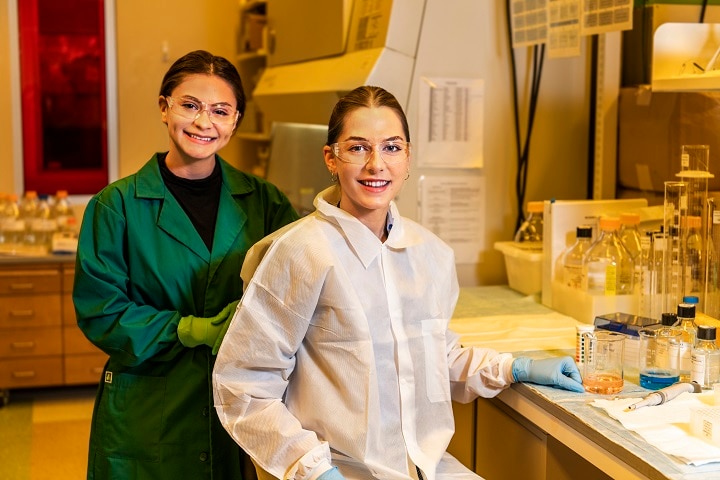Chemical Threat Agents and Toxins Laboratories
How CDC Prepares for Chemical Terrorism
The Chemical Threat Agents and Toxins Laboratories support the nation in public health responses to chemical terrorism and other emergencies involving select toxins.

The Division of Laboratory Sciences (DLS) maintains 24/7 capability to quickly find and help people at risk of contact with harmful chemicals during a public health emergency. DLS’ Chemical Threat Agents and Toxins Laboratories carry out this mission in several ways.
Detecting New and Likely Threats
For instance, DLS develops and performs unique laboratory tests, such as the Rapid Toxic Screen, to assess chemical exposure in people during a public health emergency or terrorist event. With this process, DLS analyzes urine and blood from people at the scene of chemical threats.
DLS can detect up to 150 chemical agents in 40 samples within 36 hours of samples receipt at CDC. After identifying the chemicals causing problems, DLS can measure up to 1,000 patient samples per day during an emergency. This information helps public health officials quickly figure out where the risks are, ensure the right treatment, and prevent added contact with harmful chemicals.
DLS has used the Rapid Toxic Screen in cases of sulfur mustard exposure, ricin poisoning, and other potential warfare agents. This ability is seen to help deter the use of these chemicals.
A Novel Approach to Preparedness
Also, DLS helps prepare a wide variety of public health laboratories to fight biological and chemical threats and other public health emergencies. DLS provides quality control materials, performance testing, and training to hundreds of participants in the national Laboratory Response Network for Chemical Threats to ensure effective action in case of emergency. The network includes state and local public health labs. This linking of different laboratories is a novel approach to public health preparedness.
Improving Botulism and Ricin Tests
DLS develops unique, mass spectrometry-based methods to rapidly and accurately detect and diagnose diseases from dangerous toxins. These include tests to better detect unsafe human exposure to botulism and ricin, a poison protein from the castor bean plant.
-
- About the biomonitoring Program
- Biomonitoring Factsheet [PDF – 705 KB]
- Chemical Threat Agents and Toxins Laboratories Featured References (Anthrax Related) [PDF – 243 KB]
- Publications and Products
- Chemical Factsheets
- Biomonitoring Summaries
- Collection and Management of Human Samples
- National Children’s Study
- Related Links
- Glossary
- Collecting & Preparing Specimens for Anthrax Testing
- Contact Us